When we think of countries, we often picture them sharing borders with neighboring nations. However, some countries are uniquely positioned as isolated enclaves, surrounded entirely by water. These island nations offer fascinating histories, diverse cultures, and unique landscapes. In this article, we’ll explore five countries without any land borders, diving into what makes them special and why they’re worth a visit.
#1. Iceland
A Land of Fire and Ice
Iceland, located in the North Atlantic Ocean, is renowned for its dramatic landscapes of volcanoes, geysers, hot springs, and lava fields. The country, with a population of around 360,000, boasts some of the most stunning natural wonders in the world.
Unique Features
- Geothermal Activity: Iceland’s geothermal activity powers the famous Blue Lagoon, a geothermal spa that attracts visitors from around the globe. The country’s energy needs are predominantly met by renewable sources, primarily geothermal and hydroelectric power.
- Northern Lights: Iceland is one of the best places on Earth to witness the Northern Lights, or Aurora Borealis. This natural light display is visible from late September to early April, offering a mesmerizing experience.
- Cultural Richness: Icelandic culture is steeped in Norse mythology and folklore, with sagas and tales that have been passed down through generations. Reykjavik, the capital, is a hub for cultural activities, including music, literature, and the arts.
Why Visit?
Iceland’s isolation has preserved its natural beauty and cultural heritage, making it a must-visit for travelers seeking unique and pristine environments. The country’s commitment to sustainability and renewable energy also offers a model for eco-friendly tourism.
You May Also Like These
#2. New Zealand
The Land of the Long White Cloud
New Zealand, situated in the southwestern Pacific Ocean, is comprised of two main landmasses—the North Island and the South Island—and numerous smaller islands. Known for its breathtaking landscapes, the country is a paradise for nature lovers and adventure enthusiasts.
Unique Features
- Diverse Landscapes: From the rolling hills and beaches of the North Island to the majestic fjords and mountains of the South Island, New Zealand’s landscapes are incredibly diverse. The country is home to several national parks and World Heritage Sites.
- Maori Culture: The indigenous Maori culture is an integral part of New Zealand’s identity. Visitors can experience Maori traditions, art, and performances throughout the country, particularly in Rotorua and Auckland.
- Adventure Sports: New Zealand is the birthplace of bungee jumping and is renowned for its adventure sports, including skydiving, white-water rafting, and hiking. The country’s varied terrain offers endless opportunities for outdoor activities.
Why Visit?
New Zealand’s isolation has helped preserve its natural beauty and unique wildlife, including species found nowhere else on Earth. The country’s commitment to environmental conservation and sustainable tourism makes it an ideal destination for eco-conscious travelers.
#3. Madagascar
The Eighth Continent
Located off the southeastern coast of Africa, Madagascar is the fourth-largest island in the world. Often referred to as the “Eighth Continent” due to its unique biodiversity, Madagascar is home to an array of flora and fauna found nowhere else on the planet.
Unique Features
- Biodiversity: Madagascar’s isolation has led to the development of a unique ecosystem with over 90% of its wildlife being endemic. This includes the famous lemurs, the fossa, and numerous species of chameleons.
- Baobab Trees: The iconic baobab trees, with their enormous trunks and distinctive shapes, are a symbol of Madagascar. The Avenue of the Baobabs is a popular tourist attraction, offering stunning views and photo opportunities.
- Cultural Heritage: Madagascar’s culture is a blend of African, Asian, and European influences. Traditional Malagasy music, dance, and rituals are an integral part of the island’s cultural fabric.
Why Visit?
Madagascar offers a unique opportunity to explore an isolated ecosystem with unparalleled biodiversity. The island’s cultural richness and natural wonders make it a fascinating destination for eco-tourists and nature enthusiasts.
You May Also Like These
#4. Japan
The Land of the Rising Sun
Japan, an island nation in East Asia, consists of four main islands—Honshu, Hokkaido, Kyushu, and Shikoku—and numerous smaller islands. Known for its blend of ancient traditions and modern innovation, Japan is a country of contrasts.
Unique Features
- Cultural Heritage: Japan’s cultural heritage is evident in its temples, shrines, and traditional arts. Kyoto, the former capital, is renowned for its well-preserved temples, geisha culture, and traditional tea houses.
- Technological Innovation: Japan is a global leader in technology and innovation. The country’s modern cities, such as Tokyo and Osaka, showcase cutting-edge architecture, robotics, and advanced transportation systems.
- Natural Beauty: From the cherry blossoms in spring to the colorful autumn foliage, Japan’s natural beauty is diverse and breathtaking. The country is also home to Mount Fuji, an iconic symbol of Japan and a popular destination for hikers.
Why Visit?
Japan’s unique blend of tradition and modernity offers a diverse range of experiences for travelers. Whether exploring ancient temples or experiencing the latest technological innovations, visitors to Japan can immerse themselves in a rich cultural tapestry.
#5. Australia
The Land Down Under
Australia, the world’s largest island and smallest continent, is surrounded entirely by water. Known for its diverse landscapes, vibrant cities, and unique wildlife, Australia offers something for every type of traveler.
Unique Features
- Great Barrier Reef: The Great Barrier Reef, the world’s largest coral reef system, is a UNESCO World Heritage Site and a haven for marine life. Snorkeling and diving in the reef offer unforgettable underwater experiences.
- Outback Adventures: The Australian Outback, with its vast deserts and unique rock formations like Uluru, provides a stark contrast to the coastal regions. The Outback is rich in Aboriginal history and offers opportunities for adventure and exploration.
- Urban Experiences: Cities like Sydney, Melbourne, and Brisbane offer a mix of cultural attractions, world-class dining, and vibrant nightlife. Sydney’s iconic Opera House and Harbour Bridge are must-see landmarks.
Why Visit?
Australia’s vast and varied landscapes provide endless opportunities for exploration and adventure. The country’s rich cultural history, from Aboriginal traditions to modern urban experiences, makes it a diverse and exciting destination for travelers.
Conclusion
These five countries—each an island nation—offer unique experiences, rich cultural heritage, and stunning natural landscapes. Their lack of land borders has helped preserve their distinct identities and environments. Whether you’re an adventure seeker, nature lover, or cultural enthusiast, exploring these borderless countries will leave you with unforgettable memories and a deeper appreciation for the diversity of our world.

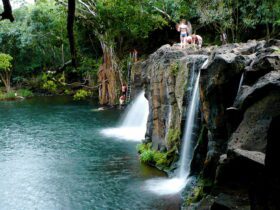





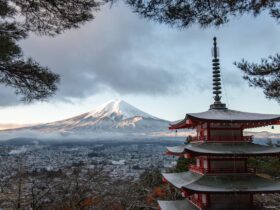




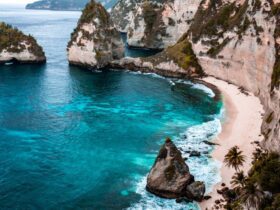









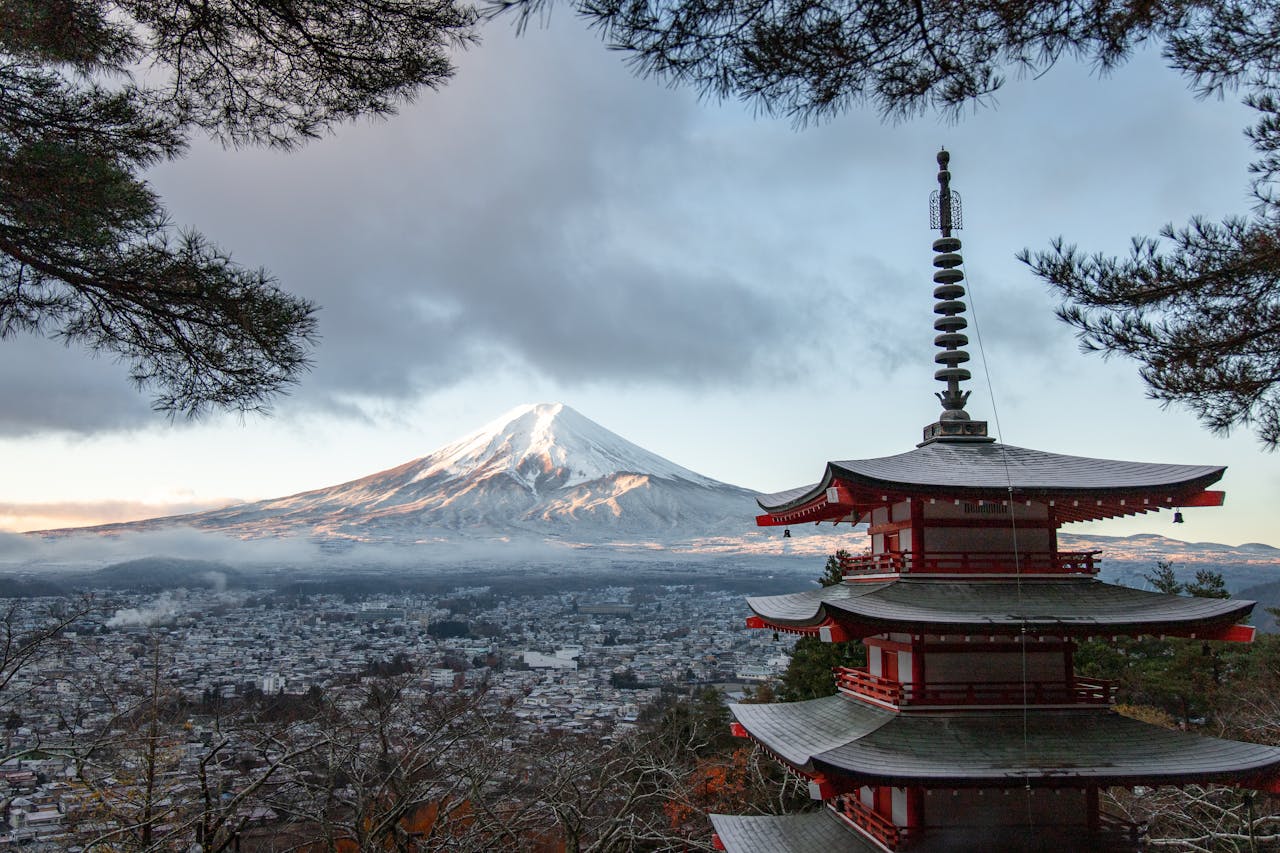

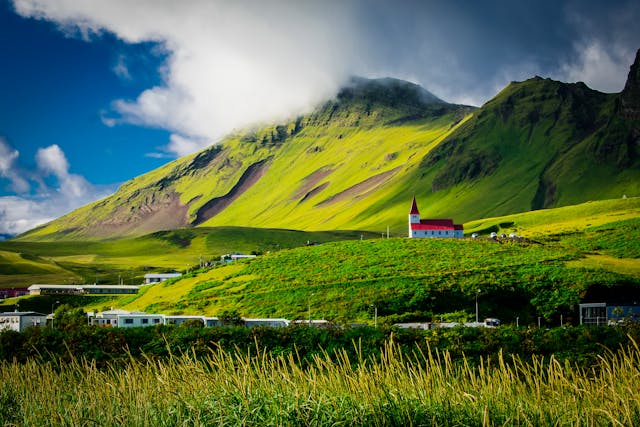
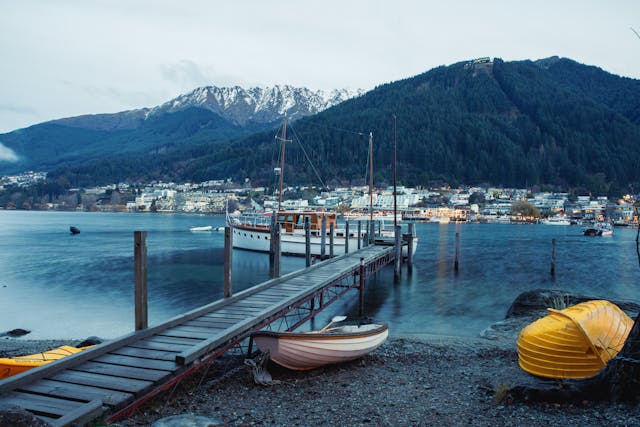
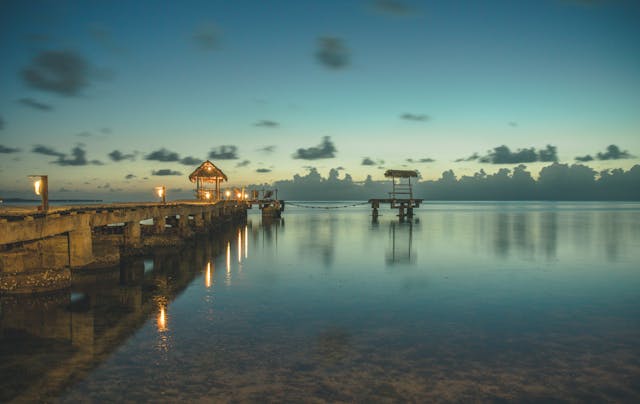
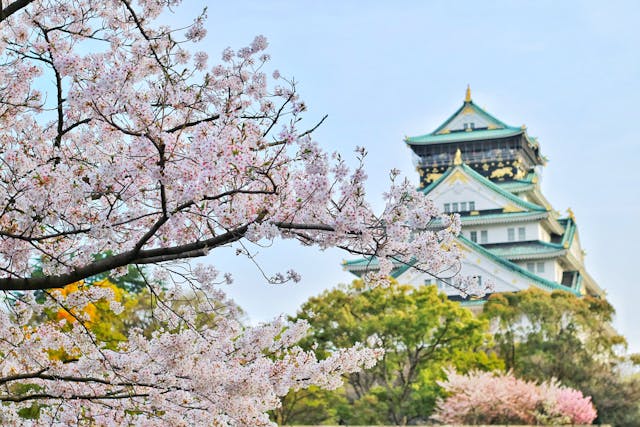
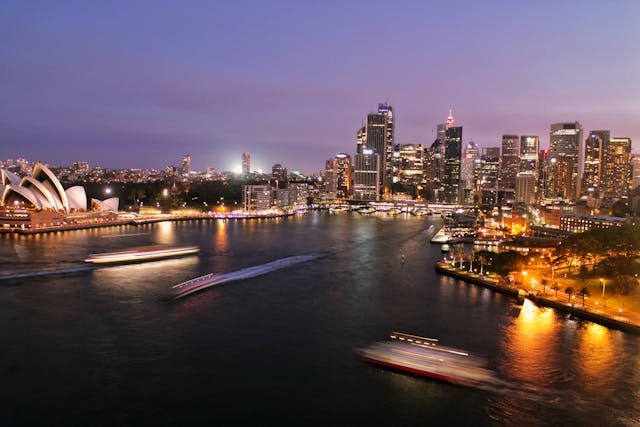



Leave a Reply
View Comments